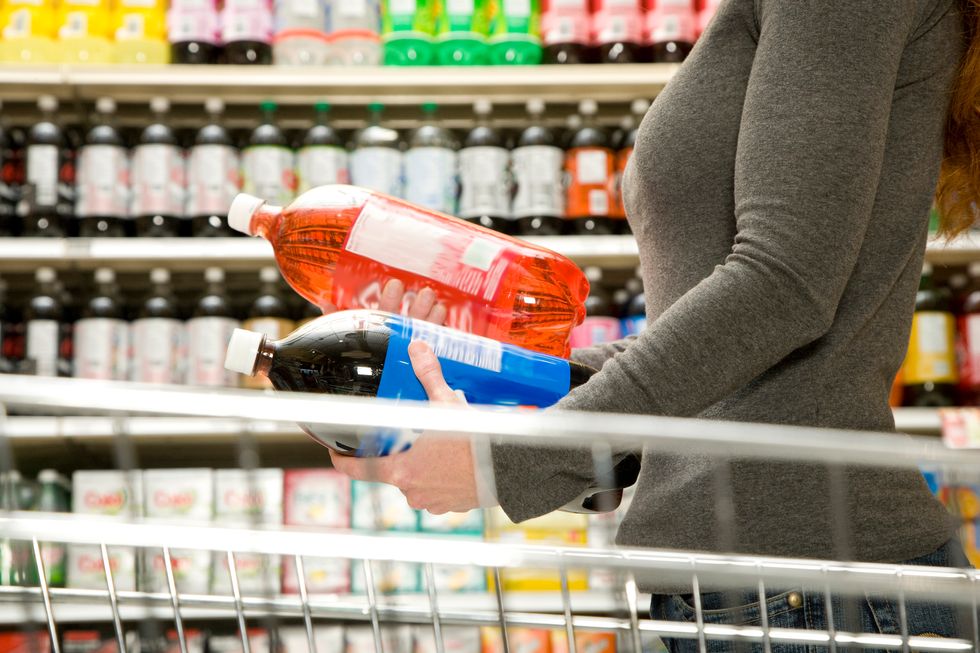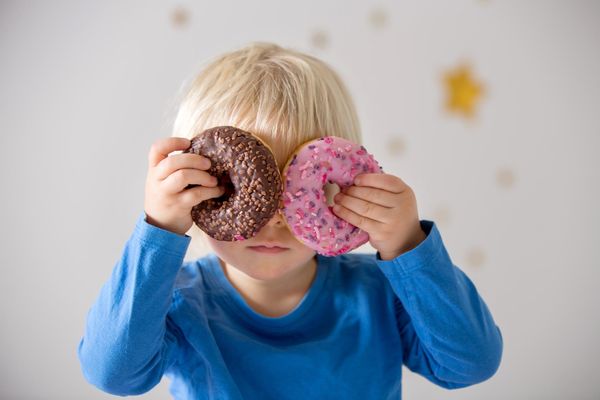
TUESDAY, June 19, 2018 (HealthDay News) -- People are less likely to buy sugary drinks if they see warning labels that include graphic pictures of health consequences such as obesity, diabetes and tooth decay, researchers report.
READ: Reasons to Fear Sugar
They conducted a study in the cafeteria of a hospital in Massachusetts. Three different types of labels were displayed one at a time for a few weeks near the bottled and fountain beverages. The labels were: text warnings on the health risks of sugary drinks, graphic warnings on the same, or a listing of calories in the drinks.
When the graphic warning labels were posted, there was a nearly 15 percent drop in sugary drink sales, and consumers appeared to substitute bottled water for sugary drinks. The average calories per drink sold decreased from 88 calories to 75.
The text-only warning labels and calorie labels had no effect on sales of sugary drinks, according to the Harvard University study published online June 18 in the journal Psychological Science.
"Warning labels have been around a long time for tobacco products, but they're a new concept for sugary drinks," said study co-lead author Grant Donnelly, an assistant professor of marketing at Ohio State University and a former doctoral student at Harvard Business School.
"Text warning labels have been passed in San Francisco and are being considered in many jurisdictions in the U.S. and around the world. Ours is the first study to evaluate the effectiveness of sugary drink warning labels in the field," Donnelly explained in a Harvard news release.
"Sugar-sweetened beverages are the largest source of added sugars in the American diet and reducing intake of these beverages could improve population health," said study co-lead author Laura Zatz, a doctoral student in the departments of nutrition and social and behavioral sciences at Harvard's School of Public Health.
"As policymakers search for ways to reduce excess consumption of sugary drinks, graphic warning labels merit consideration as a tool that can empower consumers with salient information to encourage healthier choices," she said.
SOURCE: Harvard University, news release, June 18, 2018
Copyright © 2018 HealthDay. All rights reserved.







